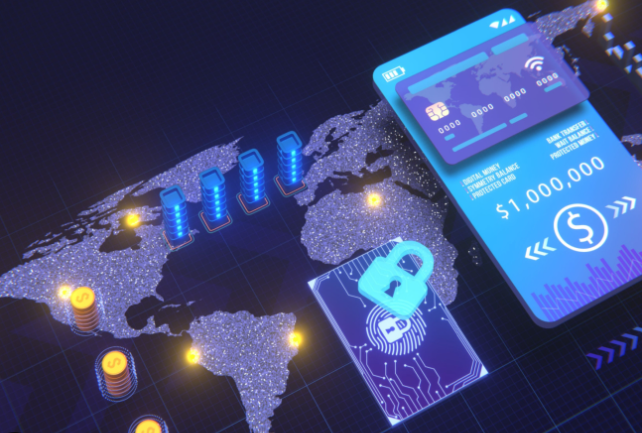Cryptocurrency digital exchange provider Coins.ph has announced a major milestone recently as its Philippine Peso stablecoin, PHPC, is set to launch on the Solana blockchain.

This integration aims to enhance cross-border transfers, decentralized finance (DeFi), and on-chain trading for users, especially in the Philippines’ large remittance market. By leveraging Solana’s high-speed, low-cost infrastructure, PHPC users can enjoy faster and more affordable remittance services, a critical offering for a country with a significant overseas workforce.
The move also opens new trading opportunities, with PHPC set to offer on-chain foreign exchange pairs like USDC/PHPC and USDT/PHPC. As stablecoins continue to gain traction in the financial sector, PHPC’s inclusion on Solana is part of a broader strategy to increase liquidity and accessibility across multiple blockchains and exchanges globally.
In May this year, Coins.ph also announced plans to expand globally by pioneering the digital asset frontier in Europe and Latin America. With a network boasting over 18 million members, the platform has since acquired licenses to operate in Australia and Africa, thus facilitating its expansion in new territories.
This expansion supports not just remittances but also decentralized finance, cryptocurrency, trading, and other digital financial services, paving the way for greater financial inclusion in the region.
Cryptocurrency services of PayPal expanded with launch of PYUSD

Meanwhile, PayPal continues to make waves in the cryptocurrency space by extending its cryptocurrency services to U.S. business accounts. Business owners can now buy, sell, and hold cryptocurrencies directly within their PayPal accounts, addressing the growing demand from merchants seeking crypto capabilities.
Additionally, PayPal introduced the PYUSD stablecoin, backed by U.S. dollar reserves, and integrated it into the Solana network for faster and cheaper transactions.
With this development, PayPal is positioning itself as a key player in the evolving cryptocurrency ecosystem, offering businesses a secure and flexible way to engage with cryptocurrencies. Merchants can now withdraw digital assets to external wallets or cold storage for added security.
The introduction of PYUSD on Solana not only enhances transaction speeds but also offers a cost-effective solution, reflecting PayPal’s commitment to bridging traditional finance with blockchain technology.
This expansion further signals the mainstream adoption of cryptocurrencies in business environments, potentially transforming the way transactions are conducted globally.
Hong Kong advances e-HKD digital currency pilot program

In a related development, the Hong Kong Monetary Authority (HKMA) has launched Phase 2 of its e-HKD Pilot Program, now rebranded as Project e-HKD+.
This phase focuses on exploring innovative applications of digital currency, including tokenized asset settlements, programmability, and offline payments. Eleven major firms, including Visa, ANZ, and HSBC, are testing use cases related to interbank transfers and cross-border payments using tokenized deposits and e-HKD.
The HKMA’s e-HKD+ initiative is seen as a critical step toward building a robust digital currency ecosystem in Hong Kong. By utilizing a sandbox environment, the authority can evaluate real-world scenarios and develop secure, efficient digital currency solutions for both public and corporate use.
This pilot program underscores Hong Kong’s ambition to stay at the forefront of digital finance, particularly in its potential to reshape cross-border payment systems and improve financial services for businesses and consumers alike.
As more regions and companies explore digital currencies, initiatives like PHPC’s integration with Solana and PayPal’s crypto expansion point to the growing importance of blockchain in transforming global financial landscapes. With Hong Kong advancing its own digital currency pilot, the future of finance is increasingly digital, decentralized, and accessible.







